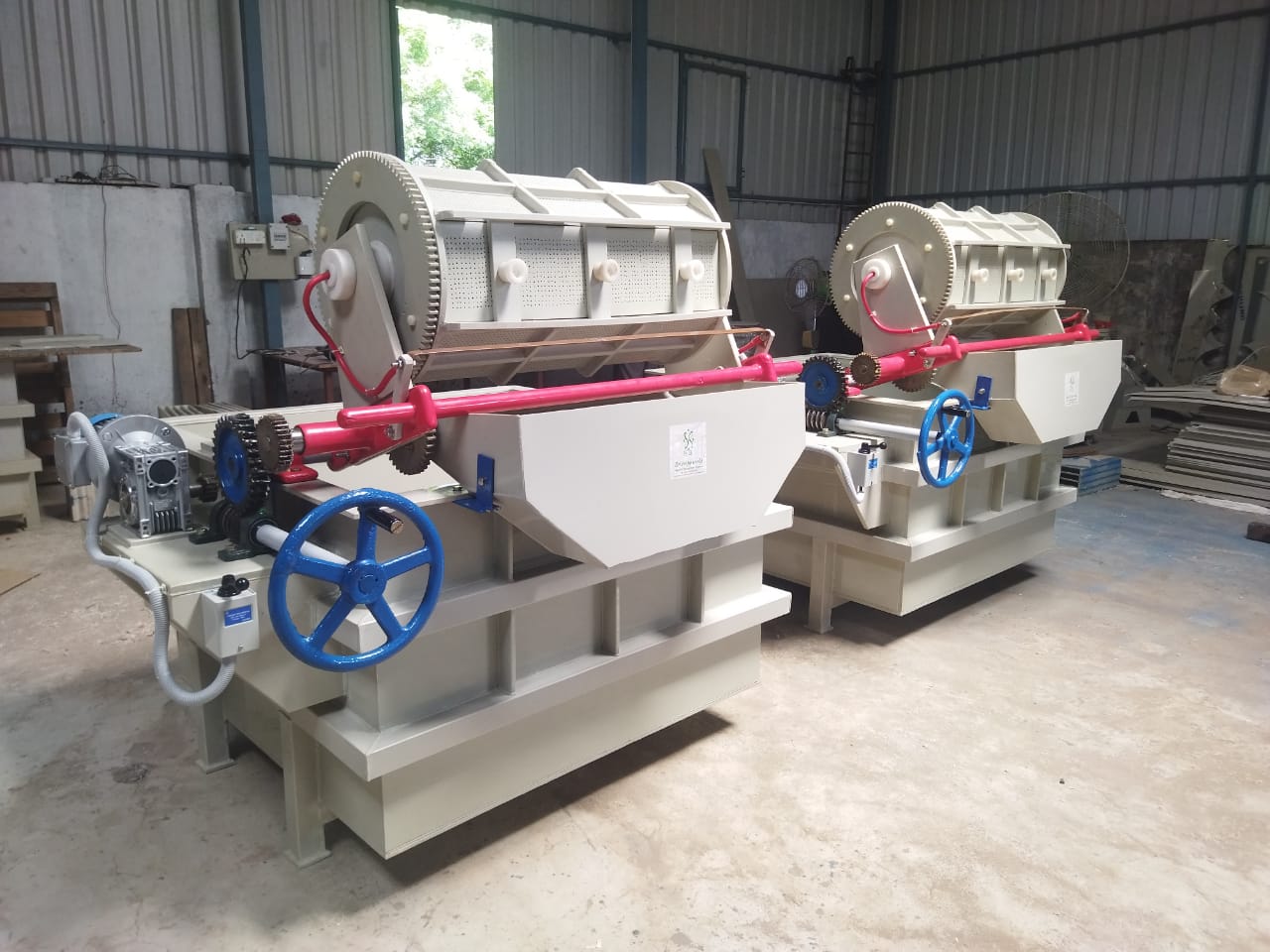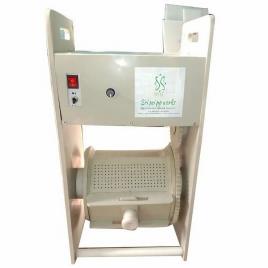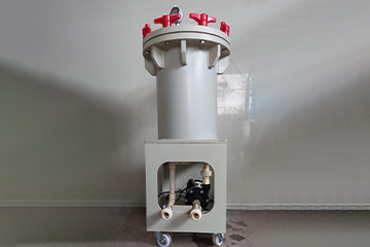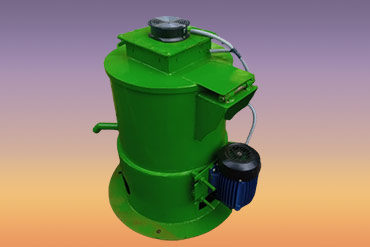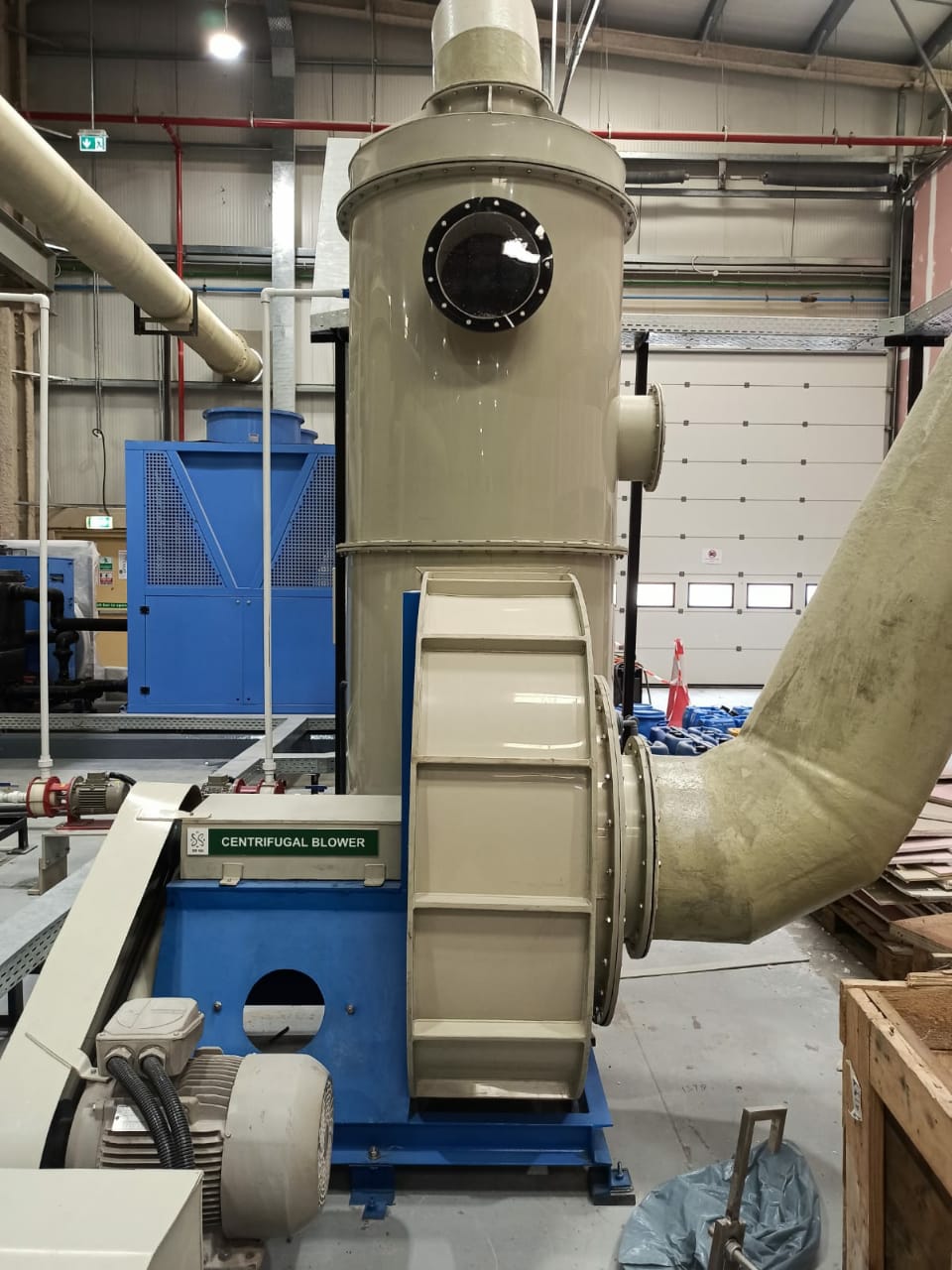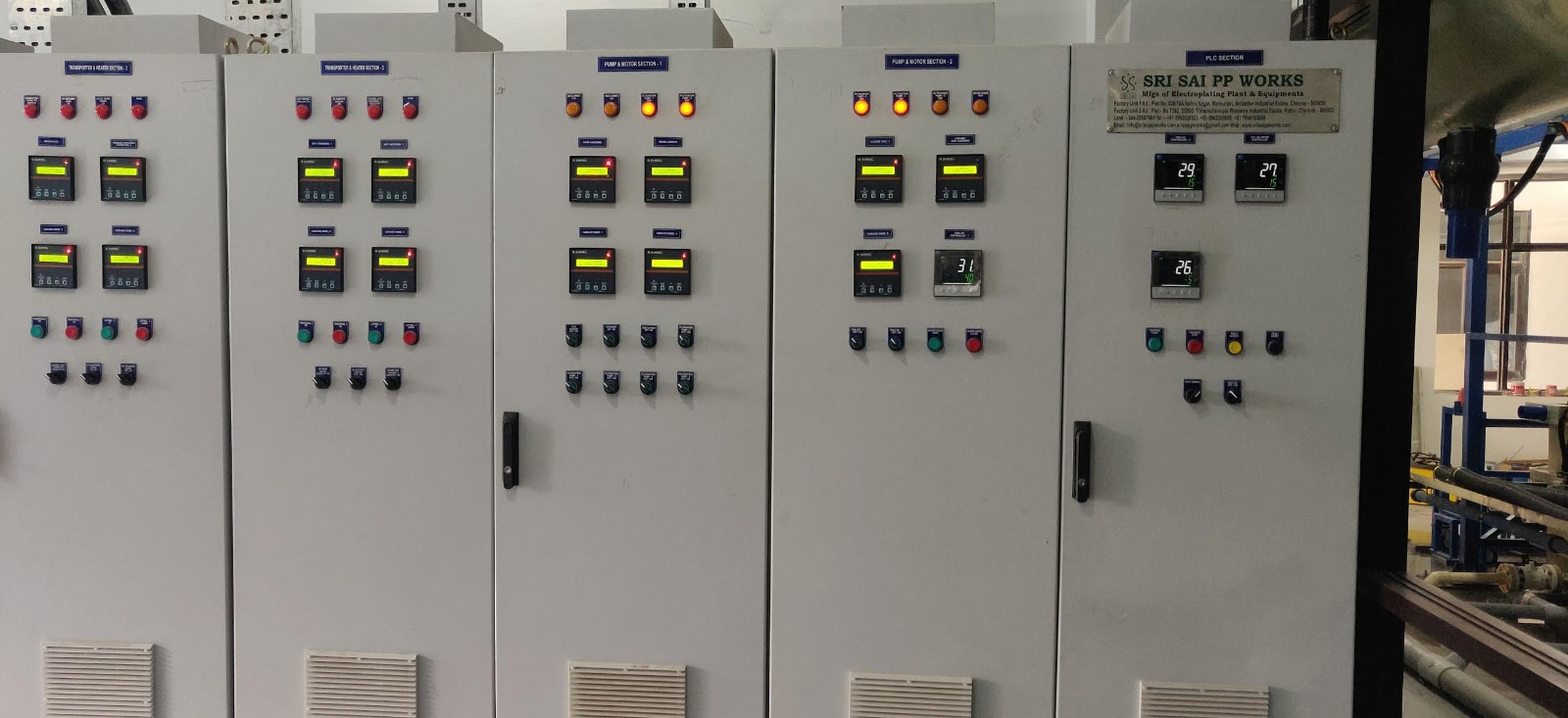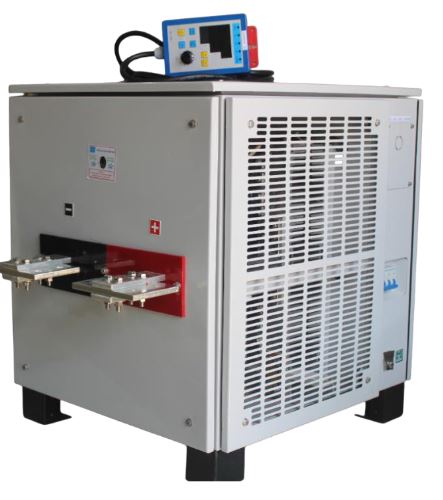
At Sri Sai Electroplating Automation Pvt. Ltd., We Are Dedicated To Providing Exceptional Service And Support To Our Clients. Whether You Have Questions About Our Products, Need Technical Assistance, Or Want To Request A Quote, Our Team Is Here To Help.
Contact Info
Our Corporate Office
Sri Sai Electroplating Automation Pvt Ltd,
Shiv Jyothi Towers,
First Floor
Plot No. L 253,
New Door No. 36,
2nd Street,
Periyar Nagar,
Tnhb Colony,
Korattur, Chennai - 600 080.
Our Factory
Plot No.T382,
Sidco Women's Industrial Estate,
Thirumullaivoyal,
Chennai - 600 062.

 PP (Polypropylene): Durable and resistant to a
wide range of chemicals, ideal for
standard electroplating solutions.
PP (Polypropylene): Durable and resistant to a
wide range of chemicals, ideal for
standard electroplating solutions.